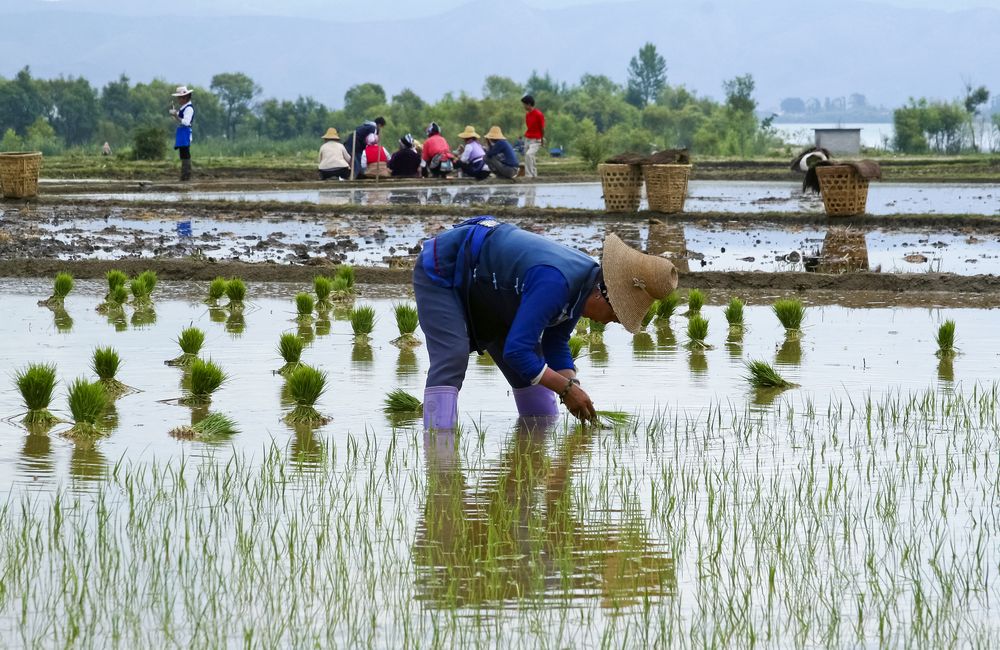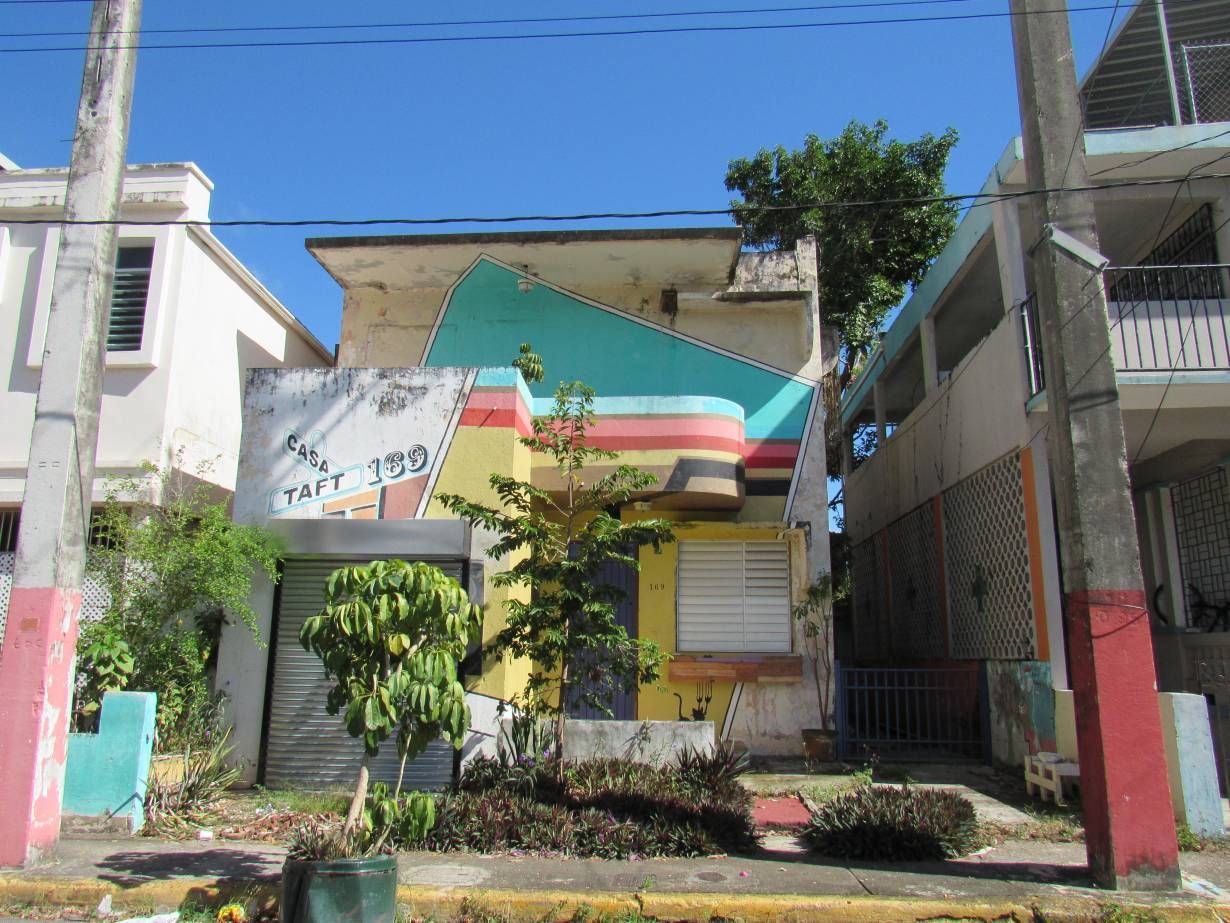China Bets Big on Genome Editing
Jon Cohen
China’s agricultural scientists are investing heavily in CRISPR, a revolutionary genetic editing tool, in hopes of improving the country’s food supply. In the first in a series of Pulitzer Center-supported stories for Science Magazine, Jon Cohen reports on the Chinese scientists on the vanguard of a revolution in food supply. “We have to feed 1.4 billion people with very limited natural resources,” says Li Jiayang, former president of the Chinese Academy of Agricultural Sciences in Beijing and vice minister of agriculture.
Did the Use of Torture Taint 9/11 Confessions?
Carol Rosenberg
Defense lawyers for alleged September 11 mastermind Khalid Shaikh Mohammed argue that his confessions are tainted because they were obtained using the CIA’s “enhanced interrogation,” which the Obama Administration denounced as torture. If the confessions are thrown out, prosecutors may have trouble convicting Mohammed and other suspects. In a Pulitzer Center-supported story for The New York Times, Carol Rosenberg reports on the complications of prosecuting terrorism detainees who were tortured.
Opportunity Zones Drive Gentrification in Puerto Rico
Isabel Sophia Dieppa
The Puerto Rican government is using so-called opportunity zones to encourage economic development in San Juan’s poorest neighborhoods. Attracted by low tax rates, investors from outside the island territory are purchasing low-income properties and converting them into rental units for tourists, driving up rents for local residents. Isabel Sophia Dieppa reports on Puerto Rico’s tourism-driven gentrification in a Pulitzer Center-supported story for the Thomson Reuters Foundation.


